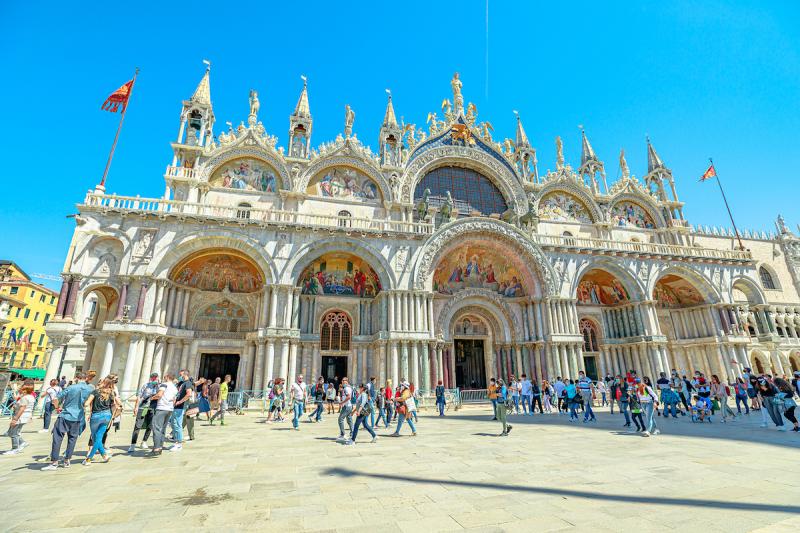As the Italian government reached last week its target of fully vaccinating 80% of people above the age of 12, it is further easing Covid-19 restrictions.
Beginning October 11, cinemas, theaters and other cultural venues can return to 100% capacity, both indoors and outdoors, which means social distancing rules are being lifted. The safety distance rule of one meter among visitors has been lifted in museums as well.
Discos, ballrooms and similar venues have also been allowed to reopen; capacity cannot exceed 75% outdoors and 50% indoors.
In soccer stadiums and sports arenas, capacity is set at 75% outside and 60% inside.
In order to access all of the above mentioned venues, people will need to exhibit a Green Pass, and will need to continue wearing a face mask.
The Green Pass certifies that the holder has either been vaccinated, recently recovered from infection or tested negative in the previous 48 hours. It was originally conceived to ease travel around Europe, but is now required in Italy to access a large number of venues, including restaurants, museums and gyms.
The relaxing of rules applies to low-risk ‘white’ and ‘yellow’ zones. Currently, all of Italy is a white zone, meaning the risk of Covid-19 infection is low and hospitalization numbers are under control.
The measures established by the latest Italian government decree are subject to change based on how the contagion curve, which has been falling for weeks, evolve.
As Italy relaxes social distancing rules, it has also made it mandatory for all workers, both in the public and private sectors, to either show proof of vaccination, a negative test or recent recovery from infection (to hold a Green Pass in other words). Workers who fail to present a valid health certificate will be suspended without pay, but cannot be fired.
The new rule, which comes into force on October 15, has caused protests around the country, which turned violent in Rome last weekend, when some protesters clashed with police and stormed the offices of CGIL, Italy’s largest trade union.
No other country in the European Union has made the Green Pass mandatory for all employees.













